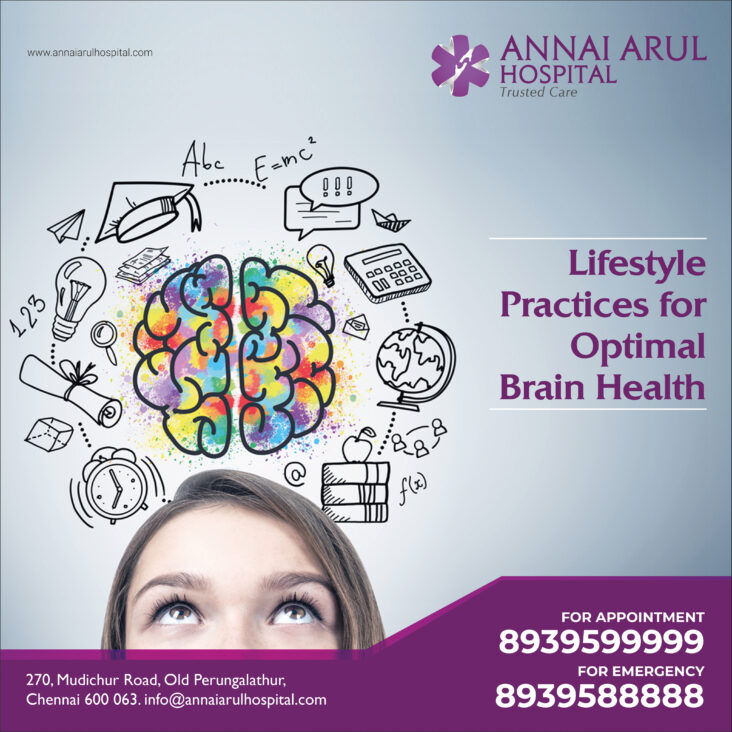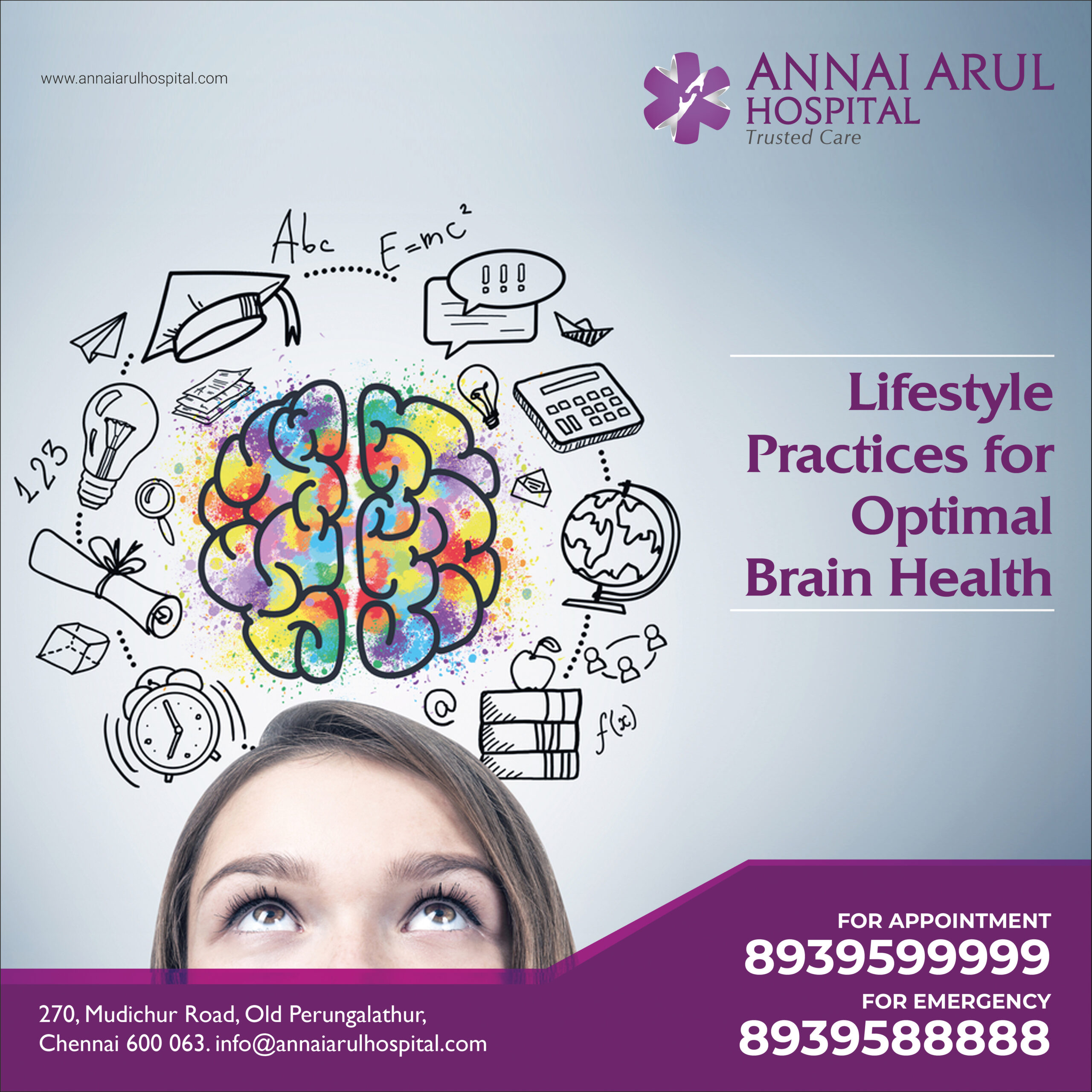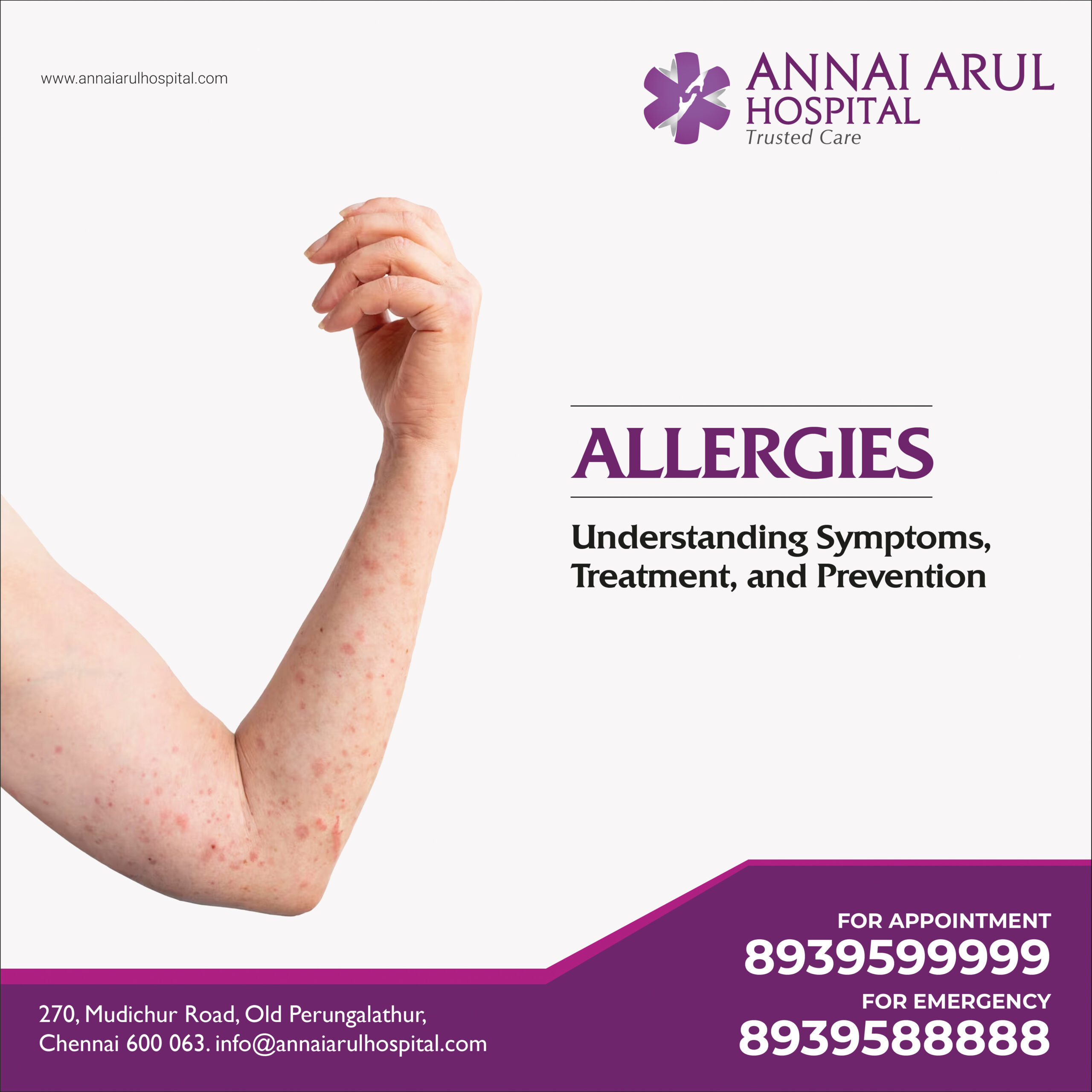Allergies: Understanding Symptoms, Treatment, and Prevention
1. Types of Allergies: Allergies can manifest in various ways, including allergic rhinitis (hay fever), allergic conjunctivitis, skin allergies (eczema, hives), and food allergies. Each type has distinct symptoms and triggers, but they all involve the immune system’s hypersensitivity response to substances that are typically harmless.
2. Allergic Rhinitis Management: Allergic rhinitis, characterized by sneezing, runny nose, and congestion, can be managed by avoiding pollen, dust mites, and pet dander. Using air purifiers, closing windows during high pollen seasons, and washing bedding regularly can help reduce exposure.
3. Importance of Allergy Testing: If you’re uncertain about your specific triggers, allergy testing can be incredibly beneficial. Skin prick tests and blood tests can help identify the substances that trigger your allergic reactions. Knowing your triggers enables you to take proactive steps to avoid them.
4. Medication for Allergy Relief: Over-the-counter and prescription antihistamines can provide relief from allergy symptoms. They work by blocking histamine release, which causes the typical allergic reactions like sneezing and itching. Nasal sprays and decongestants are also available to alleviate congestion.
5. Allergy Shots (Immunotherapy): For individuals with severe allergies that don’t respond well to medications, allergists may recommend allergy shots (immunotherapy). These shots gradually expose the immune system to small amounts of allergens, helping it build tolerance and reducing allergic reactions over time.
6. Avoiding Cross-Contamination: For those with food allergies, avoiding cross-contamination is crucial. This involves preventing contact between allergenic foods and non-allergenic foods during preparation, cooking, and storage. Reading food labels carefully and communicating your allergies when dining out is essential.
7. Emergency Preparedness (Anaphylaxis): For individuals with severe allergies, anaphylaxis is a potentially life-threatening reaction that requires immediate medical attention. Carrying an epinephrine auto-injector (EpiPen) and knowing how to use it can be life-saving in case of accidental exposure to allergens.
8. Managing Indoor Allergens: Common indoor allergens include dust mites, mold, and pet dander. Regular cleaning, using allergen-proof mattress and pillow covers, and maintaining low humidity levels can help minimize exposure to these triggers.
9. Seasonal Allergies: Seasonal allergies often coincide with certain times of the year when pollen levels are high. Keeping an eye on pollen forecasts and taking preventative measures such as staying indoors during peak pollen hours can reduce symptoms.
10. Personalized Approach: Allergies can vary greatly from person to person. Consulting with an allergist can help you create a personalized allergy management plan that addresses your specific triggers and symptoms.
11. Natural Remedies: Some people find relief from allergies through natural remedies like saline nasal rinses, steam inhalation, and herbal teas. While these may provide temporary relief, it’s important to consult with a healthcare professional before relying solely on natural treatments
12. Allergies and Children: Children are susceptible to allergies as well. Identifying and managing allergies early can prevent complications and improve their quality of life. Allergy testing in children may differ from adults and should be discussed with a pediatric allergist.
By understanding the symptoms, treatment options, and prevention strategies for allergies, individuals can take proactive steps to manage their allergies and minimize their impact on their daily lives. Consulting with a healthcare provider, especially an allergist, can provide personalized guidance based on your specific allergy profile.
#AllergyAwareness
#AllergyRelief
#AllergyManagement
#AllergyTesting
#FoodAllergies
#Immunotherapy
#IndoorAllergens
#AllergyTips
#AllergySupport
#ConsultAHealthcareProvider











